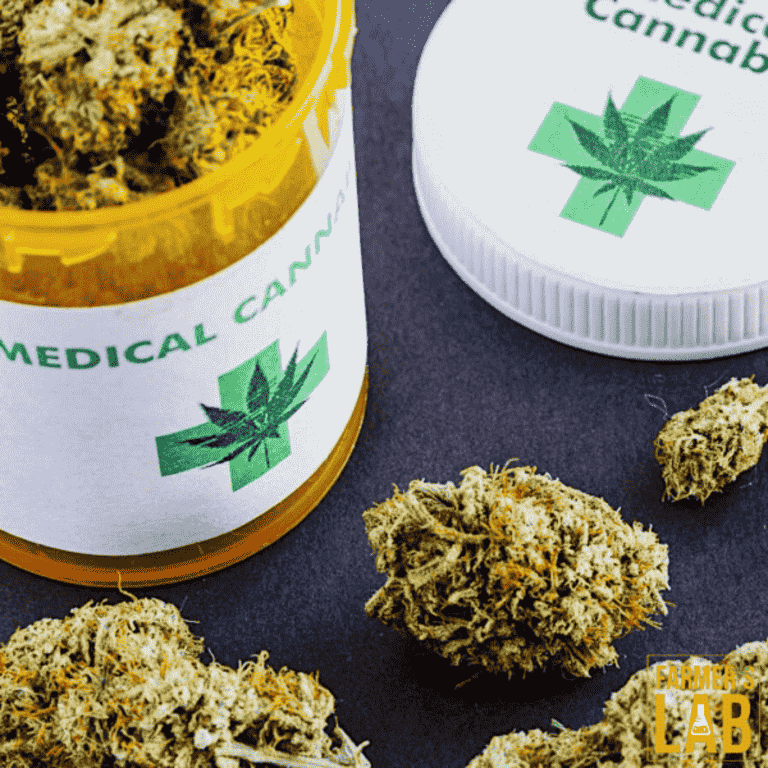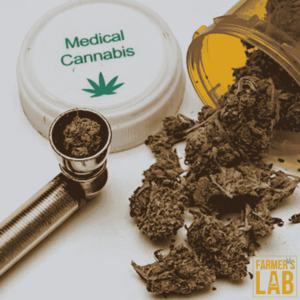
Proposition 2 was to legalize the medical marijuana for persons with certain qualifying conditions. Medical Marijuana could be taken after being prescribed by a physician and only with a valid medical marijuana card.

This proposition also allows for growing marijuana if the person is not in 100 miles of a dispensary. There is a restriction on the purchase of unprocessed marijuana. It also provides for exemption from local and state taxes.
The already existing law provides for cannabis grown in the Utah state to be sold to terminally ill patients i.e. patient with 6 months or less to live.
Those in favor of this legislation see this as a ray of hope for patients with cancer, multiple sclerosis, chronic pain. They feel that this should be an option available to the doctors.
The opponents of the Proposition 2 foresee unplanned effects of the legislation. They feel that the provision of a medical Card also could be misused by others. The opponents feel that a broad legislation might do more harm than good.
Dr Adam Gordon, a professor of medicine and psychiatry in the University of Utah has his own views on the matter. He, however, distances himself from the group of Utah Medical Association that opposes of the Proposition 2.
Dr Gordon says very less focus has been given on the consequences of this legislation in terms of the health care sector. He agrees that there is very less academic research on the effects of medical cannabis. Medical Cannabis is classified as a drug under Schedule 1 due to which research on scientific clinically controlled trials is restricted. A controlled clinical trial would compare the effects of medical marijuana to placebo. Most of the research is observational. This is a major cause of worry as no scientifically proven research is available for the medical profession to base their treatment.
Dr Adam Gordon also regularly treats cannabis addiction patients. His experience and research in treating such patients have made him put forward his own views.
He says many addicts whom he has treated find medical cannabis helps them distance themselves from the daily stress of life. Addiction becomes an issue over years of regular use of marijuana. The research shows over time about 10% become addicts to marijuana.
He adds that in the states where marijuana has been legalised be it recreational or medical, there has been an increased number of addicts. This addiction can result in issues in not only in terms of employment, but also the family life could be affected. The withdrawal symptoms also cannot be overlooked.
Some supporters and researchers suggest medical cannabis is a safer option to opioids. But Dr Gordon is worried that opting for medical cannabis instead of opioids could lead to an increase in marijuana addiction.
As of now, the public of Utah is 64% in favor of the ballot initiative. It looks like Utah is going to have a legislation in favour of Medical Cannabis very soon.”
We ship and deliver world wide via USPS and various couriers.
We offer a wide range of secure and anonymous online payment options.
We care about you, our customer. Please contact us with any questions or concerns.
Find out more about the benefits of being a loyal and regular customer.
WE ARE EVERY GROWERS ONE STOP SHOP TO ACQUIRE PREMIUM CANNABIS SEEDS FOR SALE IN THE USA, CANADA AND AUSTRALIA

Farmers Lab Seeds 2024, | All Right Reserved
Seeds are sold as novelty items, souvenirs, and collectibles. They contain 0% THC. We encourage our customers to check the legislation in their Country, State, Province, and Municipality prior to purchasing items from our store. We do not provide growing information.
All seeds are sold as hemp, and lab tested under 0.3% THC. This product is not for use by or sale to persons under the age of 21. This product should be used only as directed on the label. It should not be used if you are pregnant or nursing. Consult with a physician before use if you have a serious medical condition or use prescription medications. A Doctor’s advice should be sought before using this and any supplemental dietary product. All trademarks and copyrights are property of their respective owners and are not affiliated with nor do they endorse this product.
These statements have not been evaluated by the FDA. This product is not intended to diagnose, treat, cure or prevent any disease. Individual weight loss results will vary. By using this site, you agree to follow the Privacy Policy and all Terms & Conditions printed on this site. Void Where Prohibited by Law.